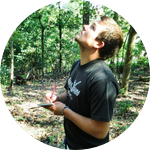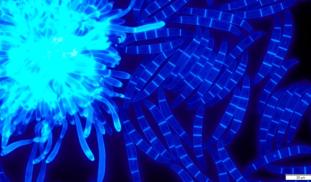Please wait...
About This Project
Sea turtle egg fusariosis is caused by two fungal pathogens, Fusarium keratoplasticum and Fusarium falciforme. These fungi are associated with high egg mortality in sea turtle nests worldwide. Sampling from sea turtle nests, I aim to unravel the ecology and epidemiology of these fusaria. This research will inform on the threat these fungi pose to sea turtle populations, and best management practices to prevent and/or control future outbreaks.

Browse Other Projects on Experiment
Related Projects
Using eDNA to examine protected California species in streams at Hastings Reserve
Hastings Reserve is home to three streams that provide critical habitat for sensitive native species. Through...
How do polar bears stay healthy on the world's worst diet?
Polar bears survive almost entirely on seal fat. Yet unlike humans who eat high-fat diets, polar bears never...
Uncovering hidden insect diversity associated with a likely undescribed gall-forming midge
Does a likely undescribed species of gall-forming midge (pers. comm. Ray Gagné) on Eriodictyon plants (Yerba...





